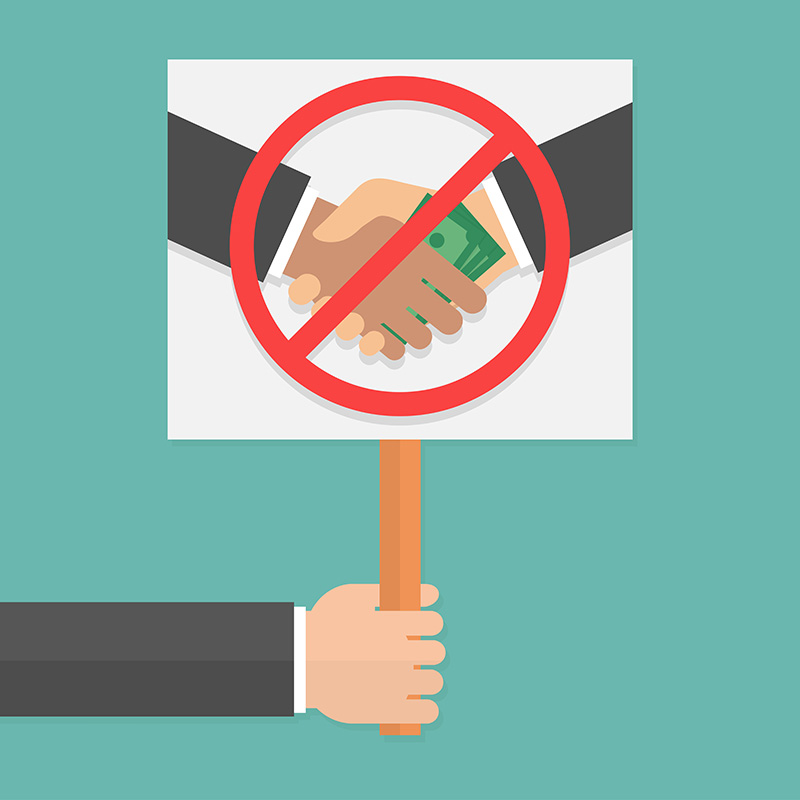Why due diligence and assurance of human rights performance are essential tools to protect people and companies – Part 1
Fri 13 May 2016
 In 2012 and 2013, “human rights audits” took place at two garment manufacturing factories: one at Ali Enterprises in Pakistan, the other at Tazreen Fashions. Weeks after both “audits” took place, over 400 workers’ lives were lost due to fires at the factories. Social, or human rights, auditing was in the spotlight. After all what is the value of a human rights audit if it doesn’t achieve the protection of the very workers which the audits were supposed to address?
In 2012 and 2013, “human rights audits” took place at two garment manufacturing factories: one at Ali Enterprises in Pakistan, the other at Tazreen Fashions. Weeks after both “audits” took place, over 400 workers’ lives were lost due to fires at the factories. Social, or human rights, auditing was in the spotlight. After all what is the value of a human rights audit if it doesn’t achieve the protection of the very workers which the audits were supposed to address?
Amongst all the issues being poured over to see what went wrong, I believe a key one, was the very name itself; “auditing.” This term implied that a certain level of comfort was achieved by those who were relying on the outcome of this “audit.” However, based on what I have read, it turns out they were little more than spot checks performed over a day or two. They were not part of a wider management system for assessing the risks, and the impacts on workers. The only comfort that could have been taken from these “spot check audits” was that on the days of the reviews, the two factories were compliant. And even that is questionable, based on what we have heard about the quality of the “audit”.
These so called “audits” gave little insight into wider worker protection processes and controls in place nor the effectiveness of any grievance mechanisms, or even if they existed. And yet, in both cases, certificates were provided. When the customer sees a certificate, a box can be ticked to say that the supplier has been checked and that their supplier has been socially audited. In respect of Ali Enterprises and Tazreen, one mistake, compounded by others, resulted in lives lost and various companies’ reputations taking a battering.
So how has the world moved on since those disasters?
The debate as to the role of companies in respect of human rights is pretty much over. Further to the unanimous passing of the United Nations Guiding Principles of Business and Human Rights (UNGPs) in 2011 by the Human Rights Council, it is now accepted that all companies have a duty to respect human rights and to provide remedy where they have caused or contributed to a human rights violation.
The UNGPs apply to all companies, large or small, and no matter where they are located in the world. The EU requires that all member states prepare National Action Plans recommending that all businesses within their jurisdictions align their behaviours with the UNGPs. Various other countries around the world, such as Malaysia through their National Human Rights Commission, Suhakam, also recommend corporate alignment with the UNGPs.
In order to demonstrate respect for human rights the UNGPs recommend that companies undertake continual due diligence on their human rights performance. The UNGPs define due diligence as an ongoing management process that a reasonable and prudent enterprise needs to undertake, in the light of its circumstances (including sector, operating context, size and similar factors) to meet its responsibility to respect human rights.”
The Interpretative Guide to the UNGPs further expands on the due diligence process in that it will “enable an enterprise to identify its actual and potential human rights impact, to act on the findings and to track how effectively it is responding. These processes and their results provide the body of information an enterprise needs to have available to it in order to communicate as and when appropriate.”
However, there could be an issue.
Whilst the EU, a number of its states and other countries, are recommending the above process, the evidence that companies are actually aligning their activities with the UNGPs is scarce.
Why are relatively few companies demonstrably embedding the Principles when there is so much support for the ethos that lies behind them? My next blog will address this question and, hopefully, shed some light on what the future holds.





